 |
| June 04, 2020 |
Dear Reader,
Despite some efforts to acknowledge and grapple with systemic racism in American institutions, anger and distrust between law enforcement and black Americans have remained high. But over the past two weeks, George Floyd's death sparked a new level of outrage. And protests against police brutality are ongoing in hundreds of cities around the U.S. In our lead story, civil rights attorney Alexis J. Hoag shares her perspective on the history that has brought the country to this breaking point—and her ideas for how to make substantive improvements in how law enforcement and courts treat black Americans. Another story today addresses racism in health care. Specifically, the heightened concern about black women's weight, which reflects the racist stigmatization of their bodies. It also ignores how interrelated social factors impact black women's health. And many studies show that the stigma associated with body weight, rather than the body weight itself, is responsible for some adverse health consequences blamed on obesity, including increased mortality risk. In an editorial from our archive featured below, Scientific American argues that it's time doctors ditch the scale-centric health care practice and focus on behaviors that have proven positive outcomes for health. |
| | Sunya Bhutta, Senior Editor, Audience Engagement
@sunyaaa | |
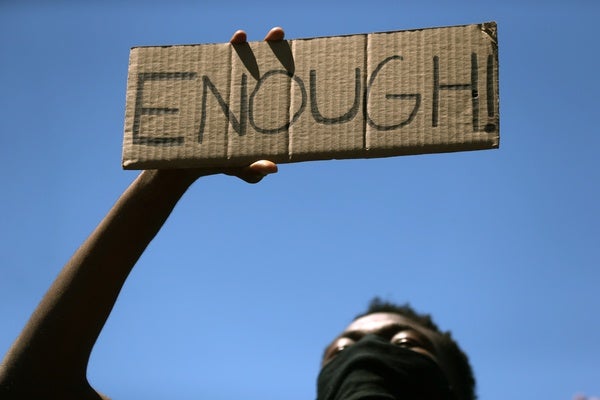 |
| |
| |
| |
| |
| |
| |
FROM THE STORE
 | | | |
| |
FROM THE ARCHIVE
 | | | |
| QUOTE OF THE DAY
 "I lean so heavily on the unique history of this country and the fact that we enslaved people, black people. To hold people in bondage as property, you had to look at them as less than human. You see that continuing to happen today in [what] I refer to as the criminal legal system, not the justice system, because it is not just. We are not there yet." Alexis J. Hoag, civil rights attorney at Columbia University | |
LATEST ISSUES
 |
| |
| Questions? Comments?  | |
| Download the Scientific American App |
| |
| |



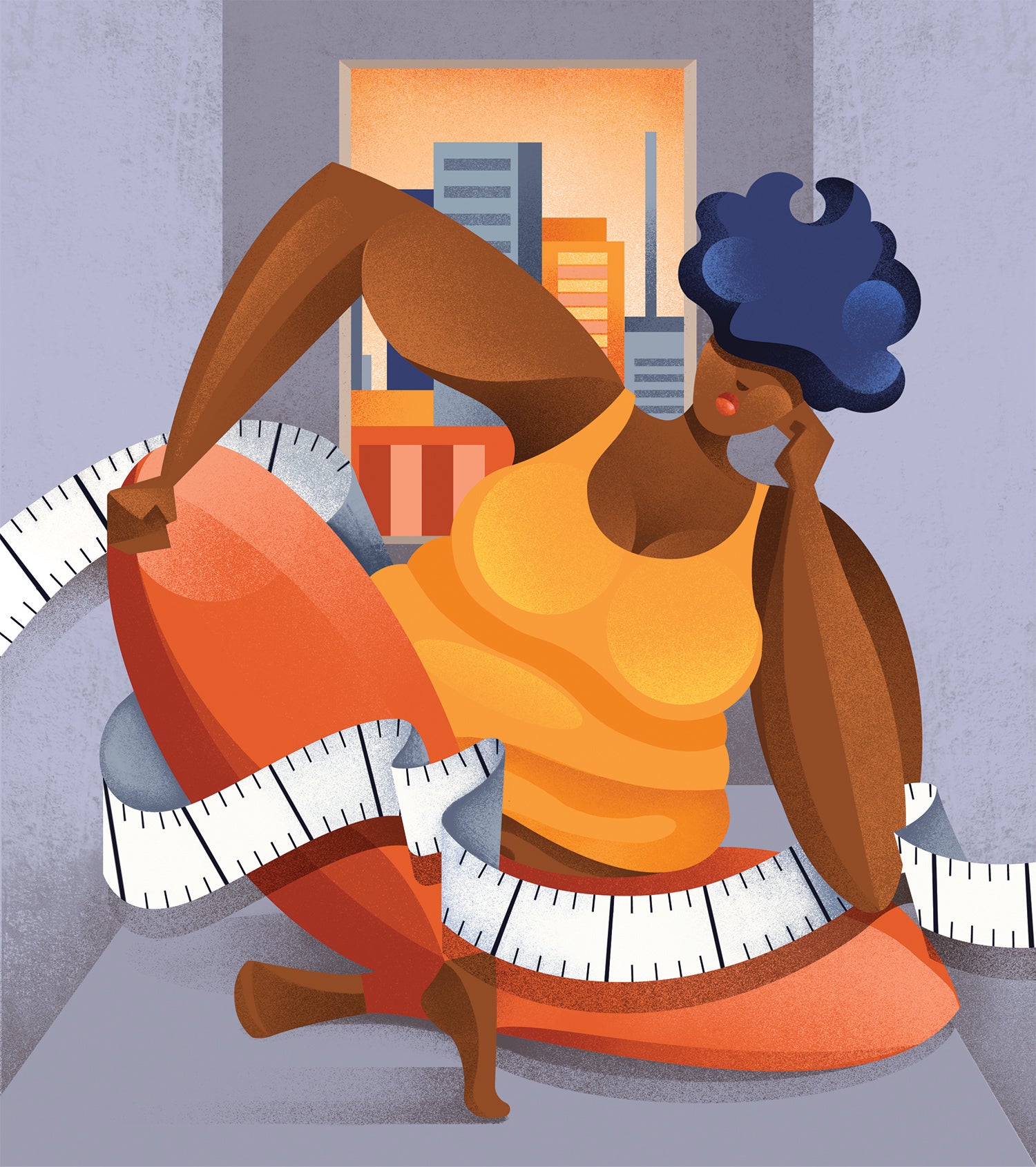
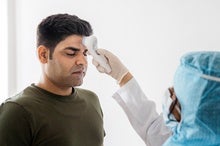


![Contagious Amoeba Vampirizes Gum Cells [Video]](https://static.scientificamerican.com/blogs/cache/file/11AFA678-847A-4868-81647DF1A4A6C46F_W220_Hauto.jpg)
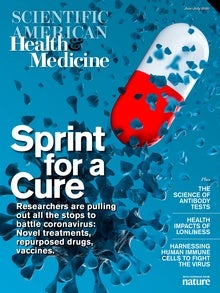




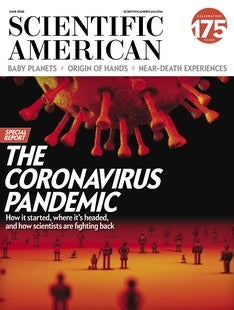
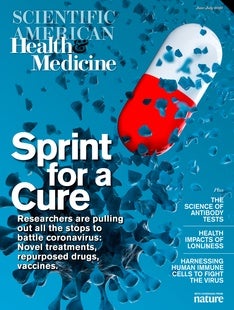




Comments
Post a Comment